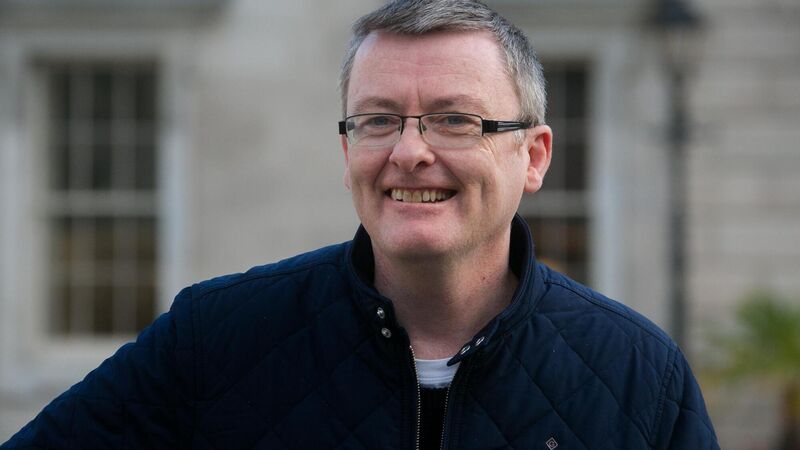Mick Clifford: Health system reform will take a lot more than energy and ideas

David Cullinane: He demonstrated that he has a serious grasp of the health portfolio and is brimming with ideas. However, in his vision, there is no resistance to reform and it was a question of who in their right mind would even want to resist what he was proposing.












